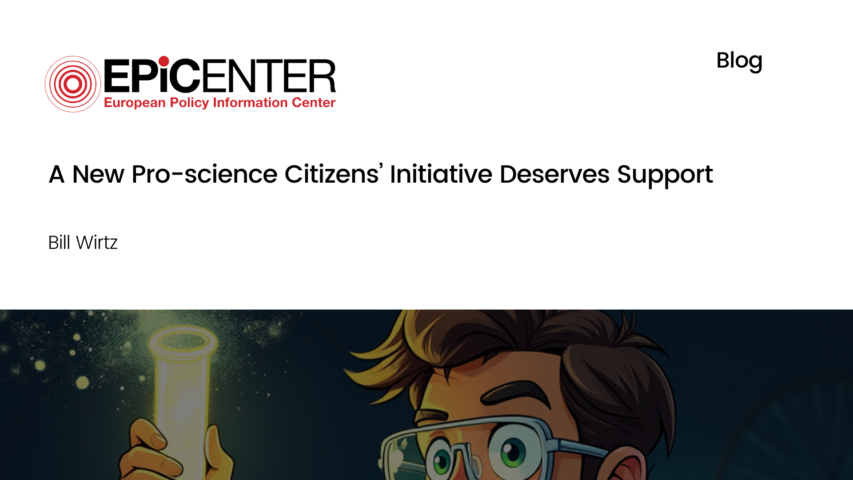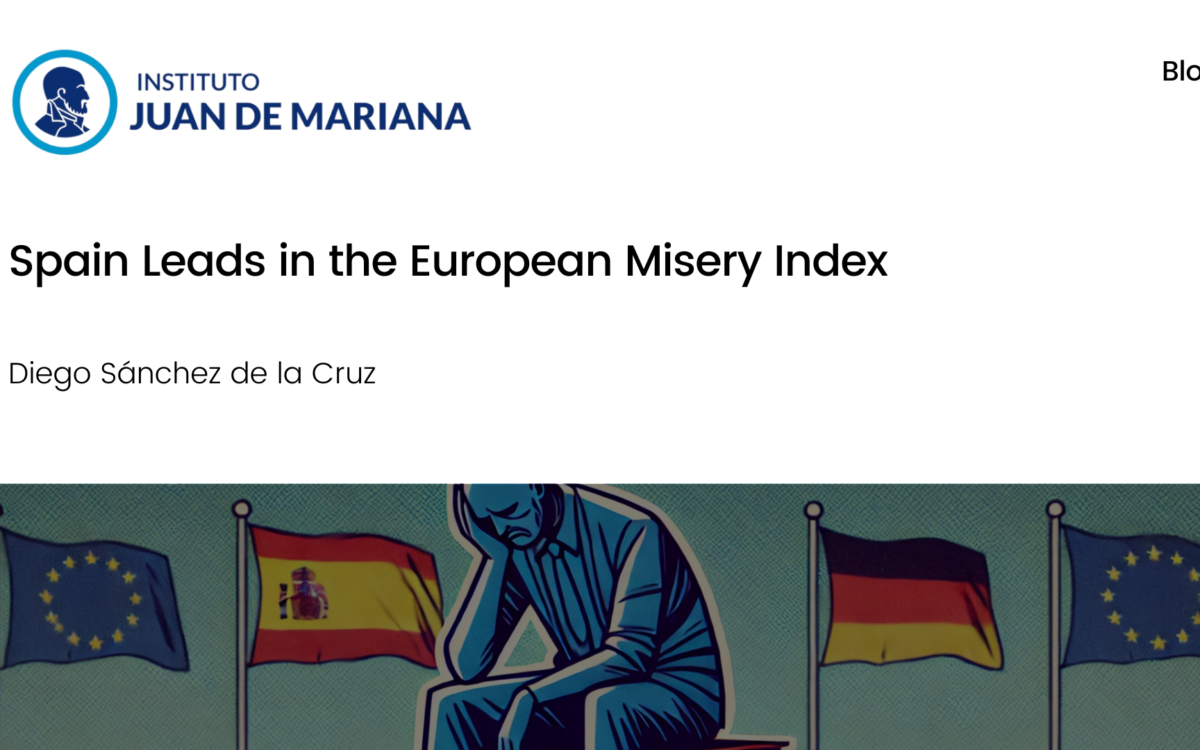A New Pro-science Citizens’ Initiative Deserves Support

A New Pro-science Citizens’ Initiative Deserves Support
Bill Wirtz // 13 January 2020
A new student-organised EU Citizens’ Initiative demands a streamlined process of authorising scientific innovations in the field of agriculture. They deserve to be heard and supported.
On 25th July, the European Commission registered the Citizens’ Initiative Grow scientific progress: crops matter! Two students are named as representatives, namely Martina Helmlinger and Lavinia Scudiero.
Helmlinger is about to finish her MSc in “Safety in the Food Chain” at the University of Natural Resources and Life Sciences Vienna. Scudiero is currently pursuing a Master’s in “Food Safety Law and Regulatory Affairs” at Wageningen University and Research.
The two students argue in the description of the initiative that EU Directive 2001/18/EC is outdated, and suggest an automatic mechanism to review it. The goal is to streamline the now lengthy and costly market authorisation process, and allow for more scientific progress in the EU. Individual evaluations, as opposed to broad definitions, should help to allow new technologies to enter the market.
As Marcel Kuntz, Director of Research at the Cell & Plant Physiology laboratory in Grenoble, explains: “Ag-biotech is not an agricultural production mode, it is a means to increase trait biodiversity. What is important is what is done with a product, not how the product was obtained.” Kuntz also complains about attacks on scientists and “political struggles” that define what is regarded as safe and what isn’t.
It often seems that the debate surrounding innovation in agriculture has been hijacked by professional communicators, doing everything to slander technological innovation without evidence.
The truth is that organisations such as Greenpeace have been attacking GMOs for decades. They say that GMOs represent “unacceptable risks”, without pointing to scientific evidence highlighting that risk.
“GM crops have no place in sustainable farming. They come with unacceptable risks created by the genetic engineering process and the traits they are engineered to express.”
The same NGOs that lobbied the EU against genetically-modified crops, have also been celebrating a European Court of Justice case which rules that gene-editing should be treated the same way as GMOs. Greenpeace calls gene-editing “GMOs through the back door”.
Dr Bernhard Url, Head of the European Food Safety Authority (EFSA), says that just because you don’t like the results, “don’t shoot science.” He adds that “if science becomes just one more opinion, which can be overlooked in favour of superstition, this carries an enormous risk for society.”
He is right. Gene-editing already offers multiple advantages to plant-breeding. For example, by creating allergen-free foods we could create immense change for people affected by potentially life-threatening allergies. However, these applications go beyond the realm of agriculture. Gene-editing can help fight the Zika virus, prevent transmission of Malaria, cure leukaemia, and shows promising research in the areas of Alzheimers, Huntington’s disease, cervical and lung cancer.
Gene-editing is at risk of falling victim to the same unscientific fear-mongering as GMOs have been in the past. As a result other continents are innovating while Europe rides itself into a technological ditch, fantasising about the likes of “agroecology”, going so far as to ditch mechanisation.
The Grow scientific progress initiative deserves support. The European Union needs to open itself to innovation in order to keep up with the exciting opportunities of tomorrow.
Bill Wirtz is a Senior Policy Analyst for the Consumer Choice Center.
EPICENTER publications and contributions from our member think tanks are designed to promote the discussion of economic issues and the role of markets in solving economic and social problems. As with all EPICENTER publications, the views expressed here are those of the author and not EPICENTER or its member think tanks (which have no corporate view).



